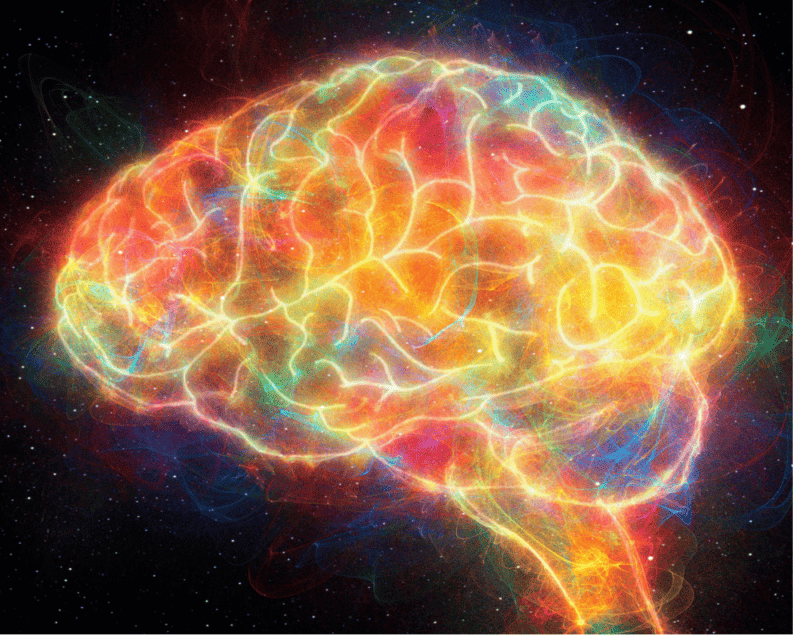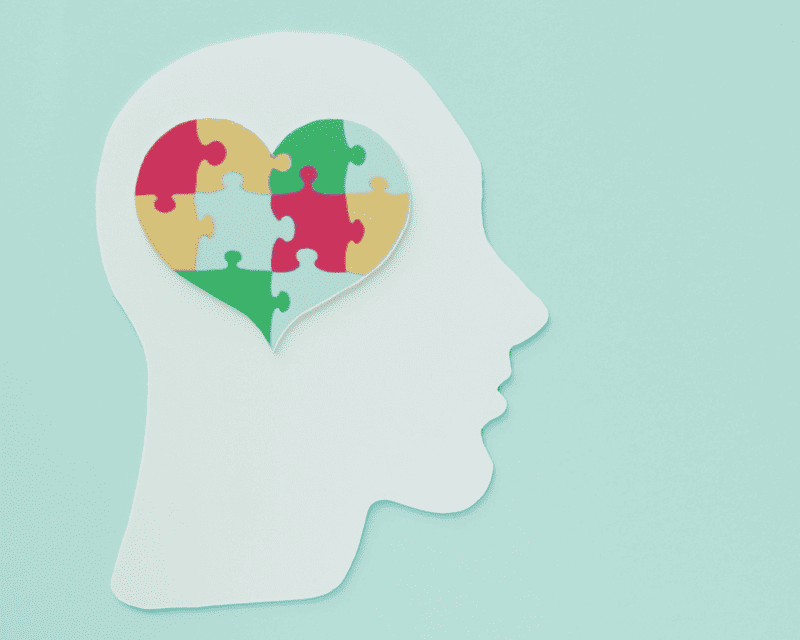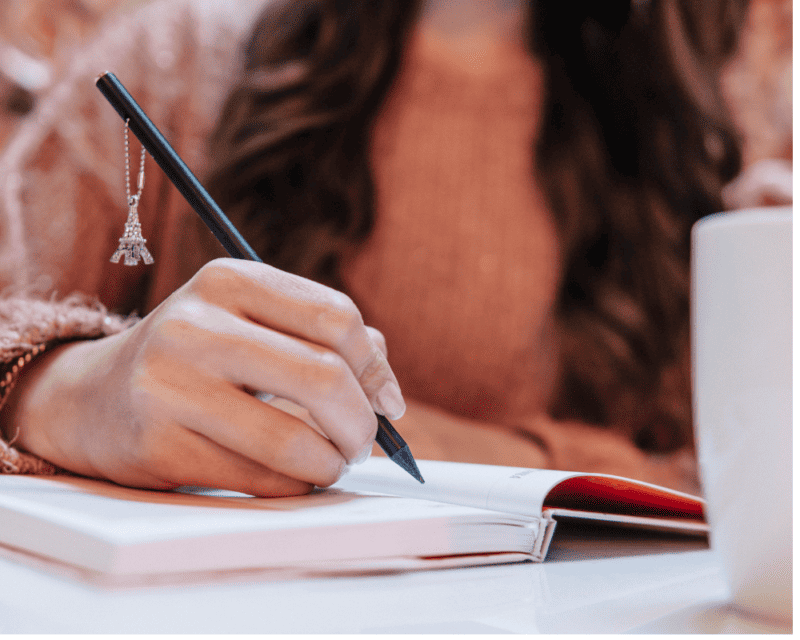Creativity and mental health share an intricate, profound relationship that has fascinated and perplexed psychologists, artists, and scholars for centuries.
On the one hand, creative expression is hailed as a powerful form of therapy, a lifeline that anchors us during the tumultuous storms of mental health struggles.
Conversely, the ‘tortured artist’ archetype persists, suggesting that mental health issues may spark creativity.
In this exploration, we delve into the complex interplay between creativity and mental health, examining the science, the myths, and the real-life experiences illuminating this fascinating connection.
The Science: Exploring the Neurological and Psychological Underpinnings

The brain is a complex organ regulating our thoughts, emotions, and behaviours.
It’s also the source of creativity – that elusive force that transforms mundane ideas into works of art or innovation.
So, it’s not surprising that scientists have long been fascinated with understanding the neurological and psychological mechanisms behind creativity.
Recent research has explored how mental health conditions, such as depression, bipolar disorder, and schizophrenia, may influence the brain’s creative processes.
Studies have shown a link between these conditions and heightened levels of divergent thinking – the ability to develop multiple, unique solutions to a problem.
This type of thinking is crucial for creative pursuits and is often associated with the brain’s prefrontal cortex.
Mental health issues may also heighten sensitivity to emotions and experiences, leading to a more profound understanding of human nature and a richer wellspring of creative inspiration.
However, it’s essential to note that this link between mental health and creativity is still being researched and remains complex and nuanced.
The Myths: Dispelling Common Misconceptions
Despite the evidence suggesting a connection between creativity and mental health, many myths and misconceptions surround this topic.
One prevalent myth is that all creatives struggle with mental health issues – often called the ‘tortured artist’ stereotype.
This notion perpetuates the idea that to be truly creative, one must suffer from mental illness. However, this one-dimensional portrayal undermines creatives’ vast range of experiences and challenges.
Another common misconception is that mental health struggles are necessary for creative inspiration or output. While some individuals may find solace in their creative pursuits during difficult times, creativity is not a guarantee or requirement for managing mental health issues.
It’s essential to dispel these myths as they perpetuate harmful beliefs and misconceptions about mental health and creativity.
Creativity can be a powerful tool for managing mental health, but it’s not the sole source of inspiration or healing.
Real-Life Experiences: Exploring the Personal Stories of Creatives

Beyond the research and myths lie the personal stories of creatives who have experienced mental health struggles firsthand.
Many well-known artists, writers, and musicians have spoken openly about their battles with mental illness and how it has impacted their creativity.
For example, Vincent Van Gogh struggled with mental health issues throughout his life but created some of the most iconic works in history.
Similarly, Sylvia Plath’s acclaimed poetry reflects her struggles with depression and anxiety.
These personal stories serve as a reminder that mental health issues can coexist with creativity and, in some cases, even enhance it.
However, it’s also essential to acknowledge that these individuals faced immense challenges due to their mental illness and should not be romanticized or reduced to mere inspiration.
Finding Balance: Nurturing Creativity While Prioritizing Mental Health
So, what does this all mean for those who identify as creatives? Prioritizing and maintaining our mental health while nurturing our creative pursuits is crucial.
This may involve setting boundaries, seeking support when needed, and caring for our physical, emotional, and mental well-being.
Additionally, it’s essential to challenge the belief that creativity must stem from suffering or struggle.
Creativity can also be a source of joy, fulfilment, and healing – a way to express ourselves authentically and connect with others.
By recognizing this balance between creativity and mental health, we can better understand the connection between the two.
If you struggle to get in tune with your creative side, consider a tool like cannabis. Visit Veriheal for more information.
Conclusion

The relationship between creativity and mental health is a complex, multifaceted one.
While research suggests a link between the two, it’s essential to dispel harmful myths and acknowledge personal narratives.
By finding balance and nurturing our creativity and mental health, we can cultivate a deeper understanding of this connection and harness its power for healing and self-expression.
Creativity is a gift that can help us navigate life’s challenges, and our mental health is crucial for nurturing and sustaining it.
